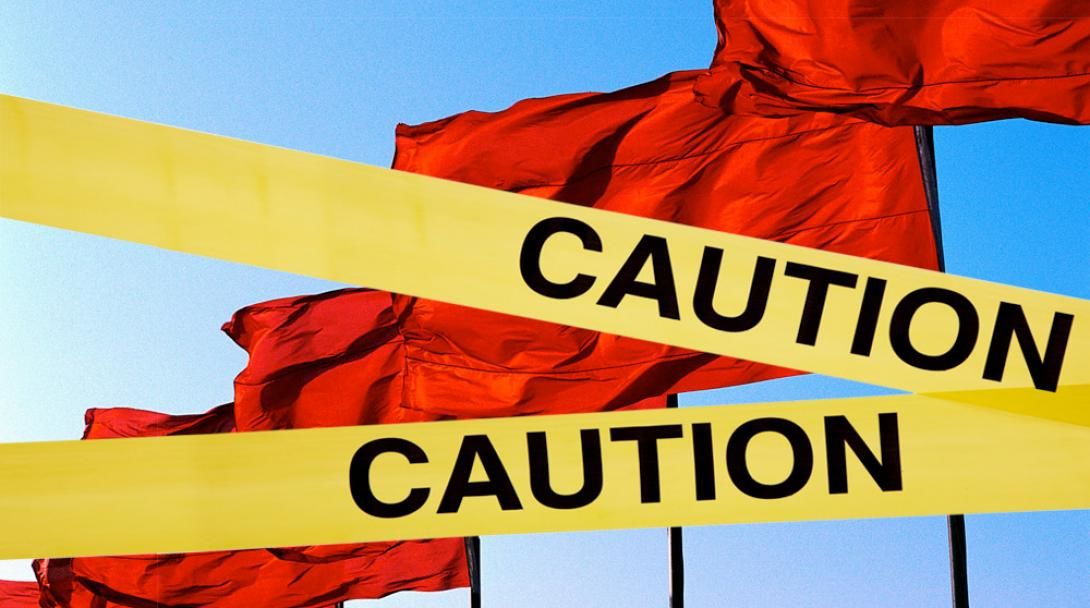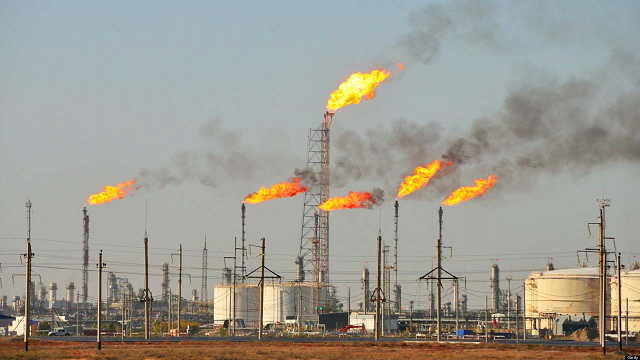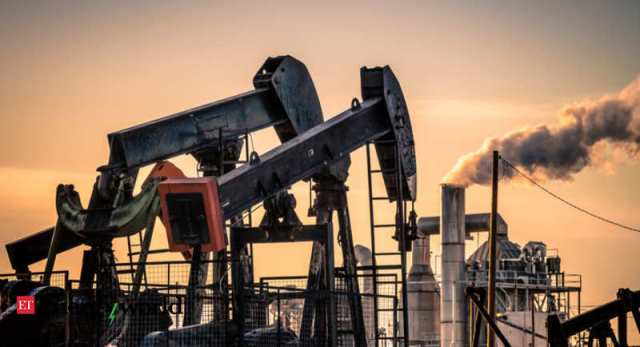As Nigeria rushes to meet its commitment to the UN’s net-zero objective by 2060, there are signs that the Federal Government may toughen sanctions for gas flaring.
At a pre-conference in Lagos to announce the Society of Petroleum Engineers (SPE Nigeria Council) 45th annual conference, which would take place there from August 1st through August 3rd, Prof. Olalekan Olafuyi, the organization’s chairman, made this announcement.
The global transition to renewable and sustainable energy, and the future of oil and gas in Africa, will be the focus of the SPE Nigeria Annual International Conference and Exhibition in 2022.
He asserts that President Mohammadu Buhari is utterly devoted to ensuring Nigeria emerges as a global player in the energy transition.
He said,” We are working closely with the Nigerian Upstream Petroleum Regulatory Commission, and I can categorically say that companies which flare gas will now pay more than those utilising it. So it will be to their advantage to start thinking of ways to utilise their gas instead of flaring them”, he said, declining to state the new gas flaring rates.
Companies that produce more than 10,000 BPD per day are currently subject to a $2 fine for 1000 Standard SCF of gas flared. Businesses that produce less than 10,000 BPD per day must pay a fine of $0.50 per 1000 SCF of flared gas.
Olafuyi explained that the society was closely collaborating with the Nigerian Maritime Administration and Safety Agency to ensure the safety of the pipelines in response to the question of what the society is doing to solve the nation’s poor crude oil production.
The don said, “The society, in collaboration with the Federal Government and NIMASA, has held several meetings with stakeholders.
After the conference, there will be another one. We are also working with the communities that produce oil to ensure that crude oil theft, the main reason Nigeria hasn’t been able to fulfill its OPEC quota, is eradicated. Some businesses have chosen to transport their crude through barge rather than pipeline as of right now.
“The world is facing the challenges of balancing the urgency of transition to cleaner energy with the obvious energy deficit and economic challenges experienced in recent times. It is expected that adaptive strategies for energy transition should be adopted in Africa. This is the core of the conference”, he said.
The SPE Nigeria Council, which consists of the sections in Lagos, Port Harcourt, Warri, Benin, and Abuja, is a member of SPE International, a non-profit professional association with more than 140,600 members worldwide.
















